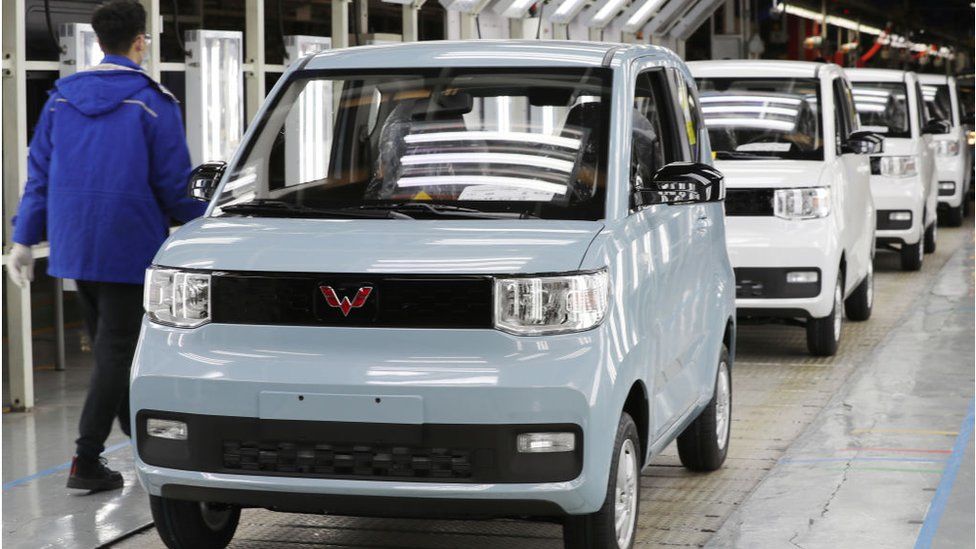China sold five times more electric vehicles than the US in the year 2022 according to the China Passenger Car Association. The Chinese market is much huge compared to the US, however, the growth appears to be at a much faster pace in China. According to Fox Business, the country sold 5.67 million EV and plug-in vehicles throughout the year.

The data notes that state subsidies and the intense oil prices drove consumers to ditch the typical gas-powered car for alternatives. By towering over the US with its 4 million pure new EVs sold, the country is considered the largest EV market in the world. In other news, the FBI uses ads on Facebook to look for Chinese speakers who experienced wrongdoings by China’s government. These ads were specifically directed to Philadelphia.
While EV sales in China grew, traditional cars reportedly shrank by 13% in 2022, leading toward a trend where more individuals prefer to buy an electric vehicle instead of a gas-powered one. One reason why EV sales in the US are struggling is also because of the higher interest rates, leaving people to be more calculated when it comes to purchasing a new ride.
EV market growth
Aside from being the largest EV market, China expects its total car market to grow by 1%. This came from a statement by Cui Dongshu, the CPCA’s Secretary-General, highlighting that they could see sales increase towards the end of the year after they start speeding up in a couple of months. Buyers in China have shown how they prefer local companies as opposed to international ones, with EV brands like BYD Co. jumping from an initial 10th place in 2021 to number one in 2022 for the retail sales chart. Even Tesla reportedly struggled to increase its market share in China.
Tesla has also recently reduced its price in the US for different models. For Model Y, the company slashed its prices by $13,000. Overall, passenger-car retail sales climbed 1.9% from 2021 to 20.5 million, according to the CPCA data. That was down from more than 4% growth in 2021 from the year before. This year might remain challenging for automakers as a result of a sluggish global economy, higher interest rates in the U.S., and a large inventory held by China’s manufacturers and dealers, CPCA’s Secretary-General Cui Dongshu said. China might expect to see around 1% in annual growth in its car market, with fewer sales in the earlier months before they pick up speed toward the end of the year, he said.












